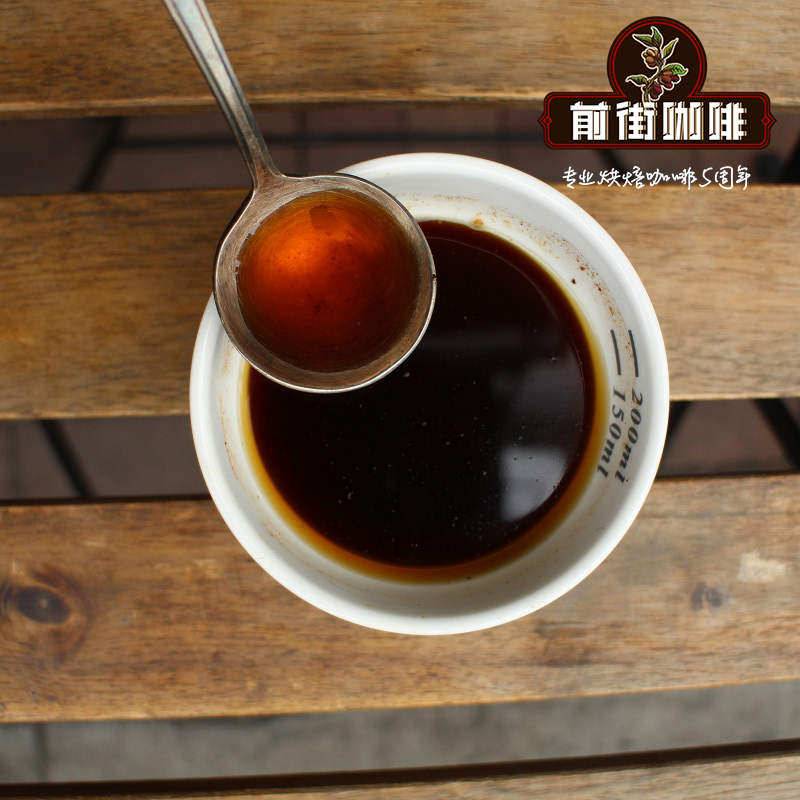What does coffee bean fermentation mean? is coffee bean fermentation necessary? coffee fermentation treatment

Professional coffee knowledge exchange more coffee bean information please follow the coffee workshop (Wechat official account cafe_style)
When it comes to coffee, fermentation is the most basic means to an end. Although metabolism is the key to flavor production in various foods such as kimchi, pickled lemon or chocolate, fermentation in coffee has a different but equally important purpose: to release coffee seeds from the sticky mucus (or pulp) around them.
"before the advent of the enucleator, fermentation was the only way to separate the fruit from the seeds."
Ferment in coffee
Farmers have been fermenting coffee cherries since coffee existed, without even labeling the process. They ferment peeled cherries in containers without water, or soak them in water for hours or days. In the case of natural processing, farmers dry the whole cherry in the sun. Instead of relying on scientific tools to monitor microbial activity, experienced growers use sensory cues as a guide to signal the end of the planting process. Microflora-bacteria, yeasts and fungi-exist on cherries, in the air or in fermentors, and they begin a process in which microbes convert insoluble pulp (made up of pectin and sugar) into soluble substances that can be washed away from seeds.
Before the advent of enucleating machines, fermentation was the only way to separate the fruit from the seeds. Whether the coffee is wet, natural, or processed honey, full fermentation is the way to separate the sticky pulp from the coffee beans. If local agricultural practices require soaking in water for a long time, because cold nights inhibit the speed of fermentation, or soak after fermentation (as is the case in Kenya), farmers can do the same.
Modern methods
Technological advances are good for farmers who may not have enough water for wet treatment, but their climatic conditions are also not conducive to drying whole cherries. This is the case with the Iwacu coffee washing station in the Nyanza region of southern Rwanda. The "Penagos" is a denuclearizing machine that gives way to small washing stations that are much drier than those nurtured by rivers in the west of the country to produce equally beautiful coffee. It works by removing cherry epidermis and fibrous, sticky mucus with high pressure and a small amount of water.
If necessary, the use of Penagos can eliminate the need for fermentation. If farmers choose this technology, they can also gain control in other ways, because they are no longer at risk of overfermentation, which can bring overripe aromas to the finished coffee.
The new field of fermentation
While technological progress provides farmers with alternative tools, fermentation, as a field in which scientific knowledge lags far behind the practical application in the process of coffee production, has also received new attention. Exciting new work, such as the work of coffee expert Lucia Solis, reveals that producers can actively choose how to ferment their coffee by selecting specific yeast strains.
Just as cheese makers choose bacteria, or winemakers protect Brettanomyces to cultivate the sour taste of sour beer, coffee makers may discover the ability to control taste (or other results) by better understanding fermentation. One thing is certain: more control over fermentation is an advantage for farmers with limited infrastructure, such as the number of fermentors.
The reason why coffee has a certain taste is very complicated. The fermented coffee does not penetrate the seed ingredients, such as cocoa bean chocolate, which certainly plays a role in the final taste, and now it is still a necessary means for most producers in the world to wrestle the coveted coffee bean free-bringing admirers like us one step closer.
END
Important Notice :
前街咖啡 FrontStreet Coffee has moved to new addredd:
FrontStreet Coffee Address: 315,Donghua East Road,GuangZhou
Tel:020 38364473
- Prev

American Coffee Manor recommends Pacamara Coffee beans are good? Honduras Pacamara Coffee
Professional coffee knowledge exchange more coffee bean information please follow the coffee workshop (Wechat official account cafe_style) a mysterious variety, with an unprecedented taste strange shape, sharp. Or look like the teeth of a dragon. These are not common descriptions of coffee cherries, but sub-ema varieties are not typical coffee. Benjamin Paz (Benjamin Paz) E
- Next

How to adjust the Coffee Grinding degree how to adjust the Coffee Grinding thickness
Professional coffee knowledge exchange more coffee bean information please follow the coffee workshop (Wechat official account cafe_style) tips for dialing at work 1. Change only one variable at a time. Do you remember the scientific method? Whenever you want to figure out how one step in your coffee program affects the finished cup, keep the other steps of your wine-making method exactly the same.
Related
- Beginners will see the "Coffee pull flower" guide!
- What is the difference between ice blog purified milk and ordinary milk coffee?
- Why is the Philippines the largest producer of crops in Liberia?
- For coffee extraction, should the fine powder be retained?
- How does extracted espresso fill pressed powder? How much strength does it take to press the powder?
- How to make jasmine cold extract coffee? Is the jasmine + latte good?
- Will this little toy really make the coffee taste better? How does Lily Drip affect coffee extraction?
- Will the action of slapping the filter cup also affect coffee extraction?
- What's the difference between powder-to-water ratio and powder-to-liquid ratio?
- What is the Ethiopian local species? What does it have to do with Heirloom native species?

